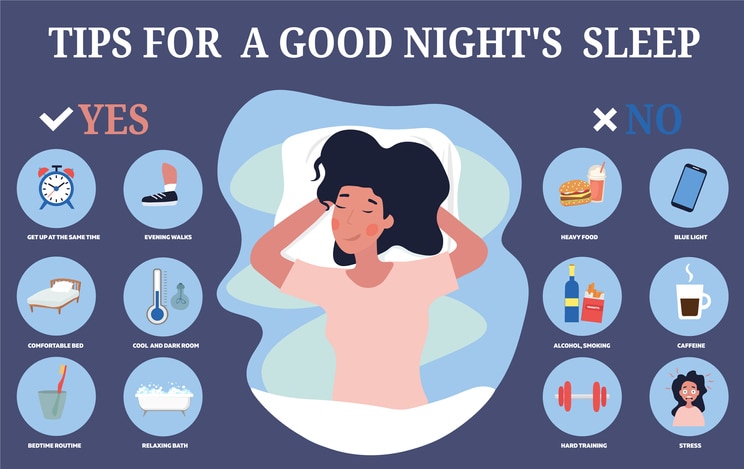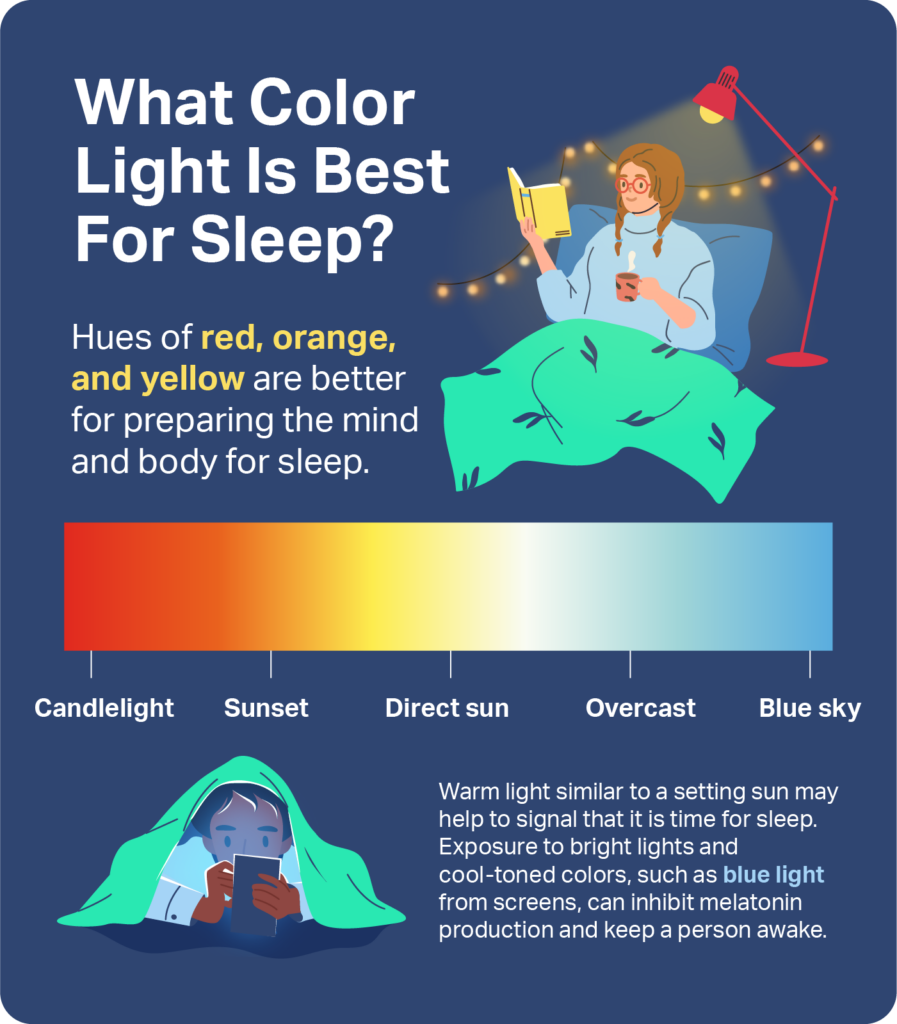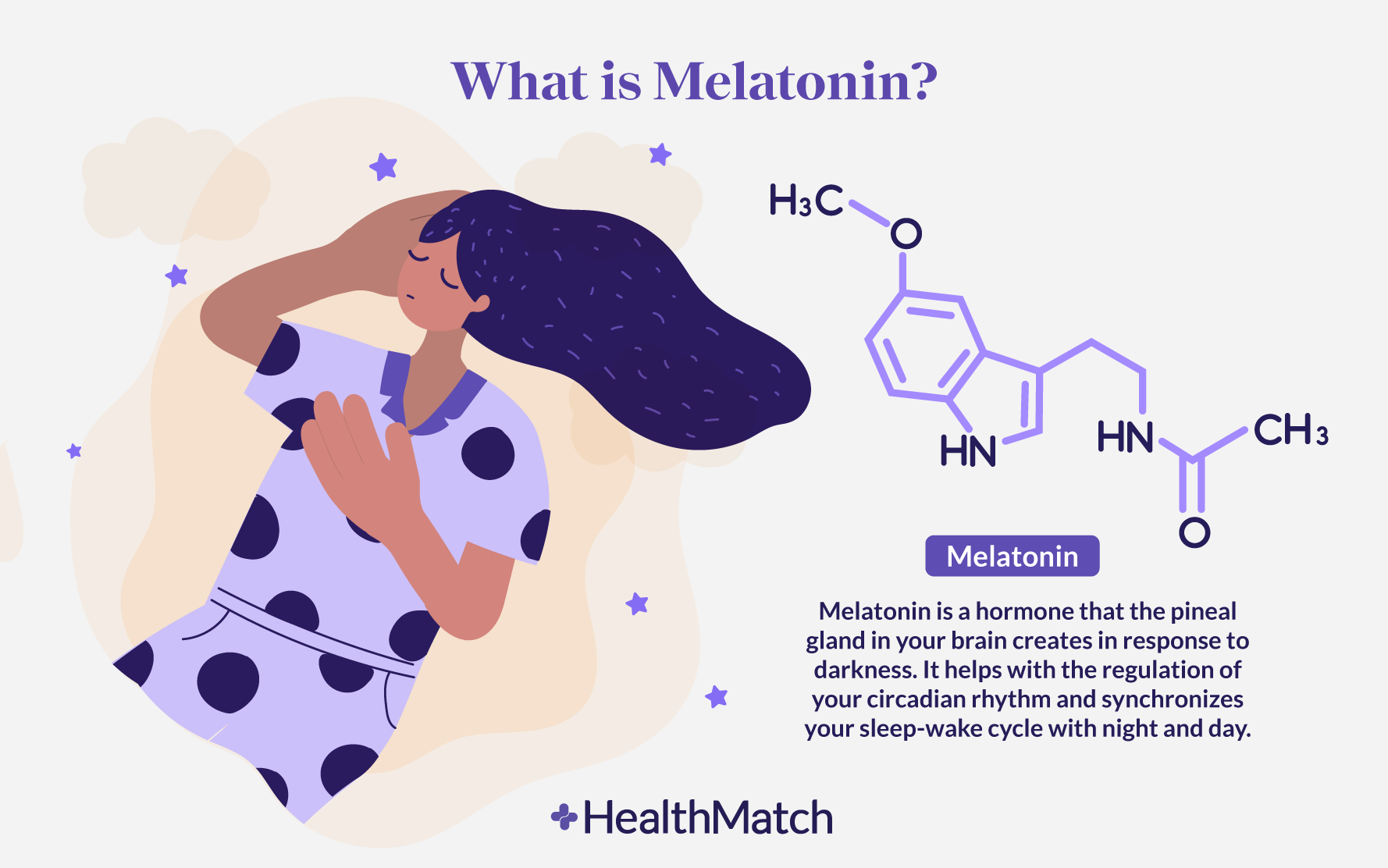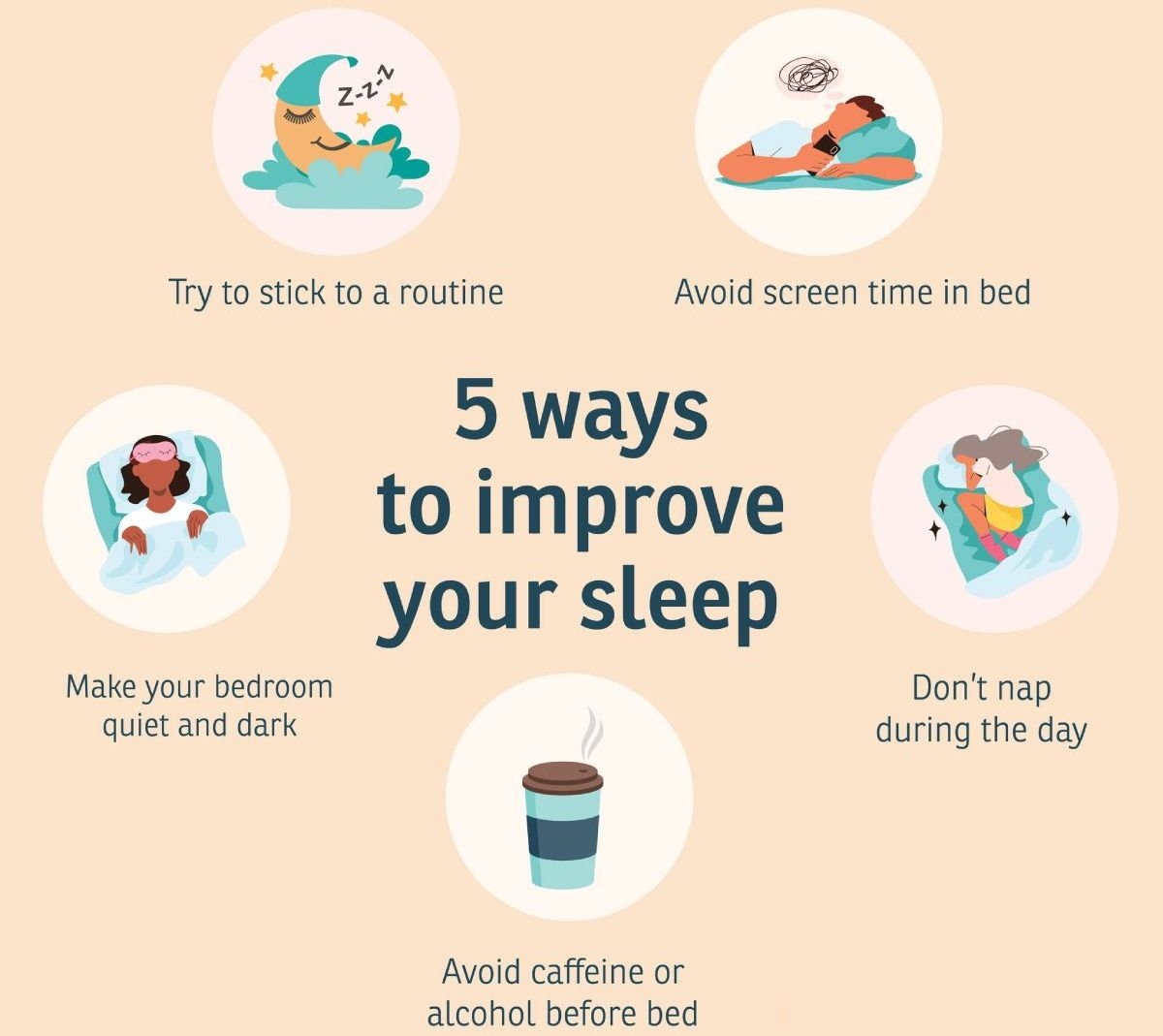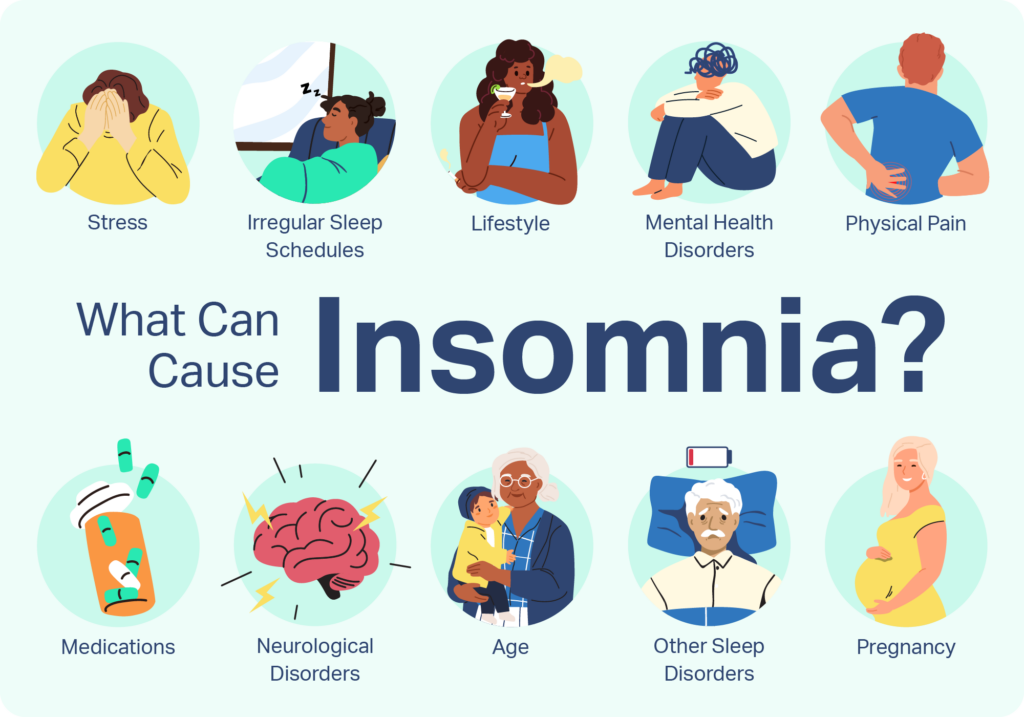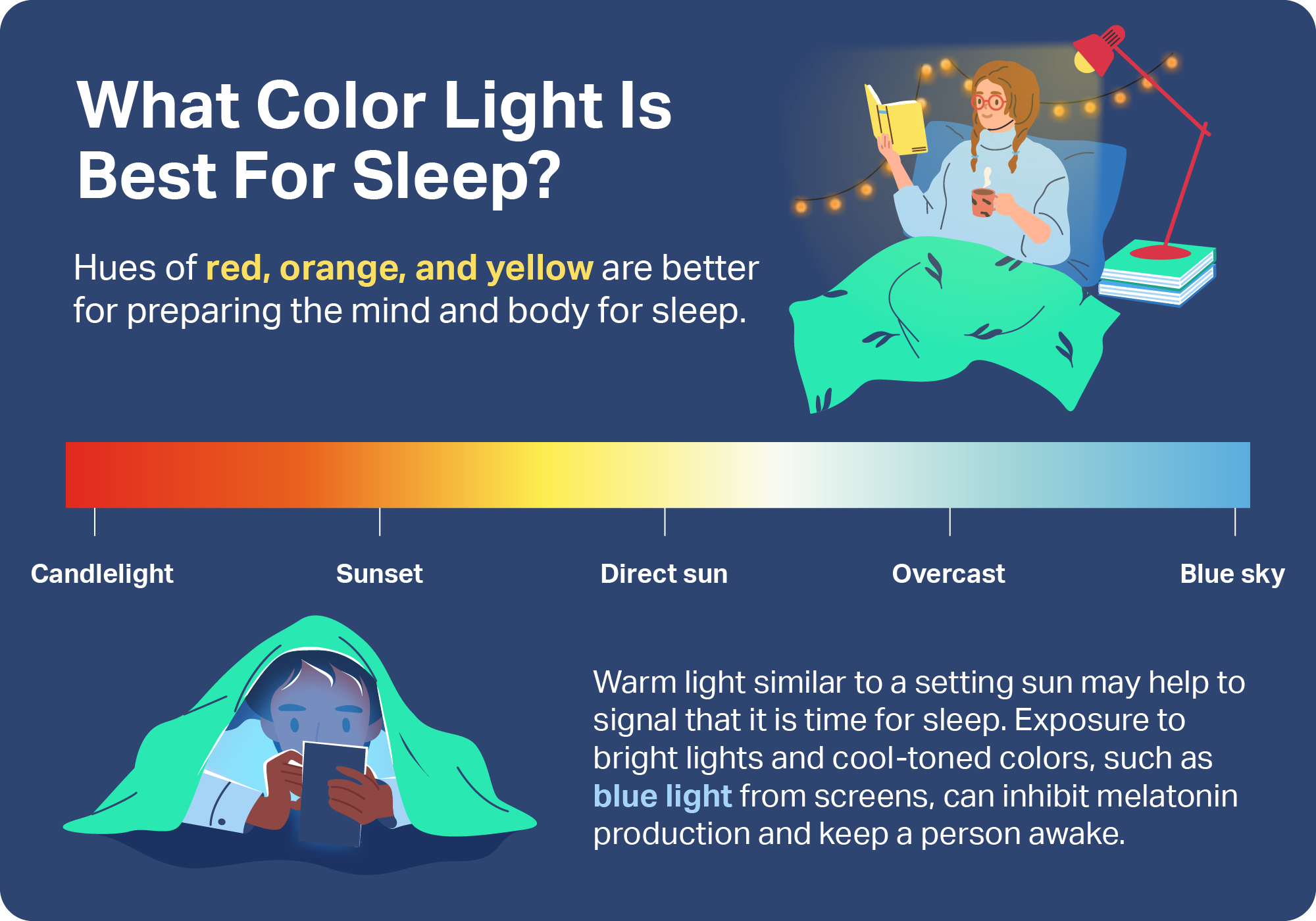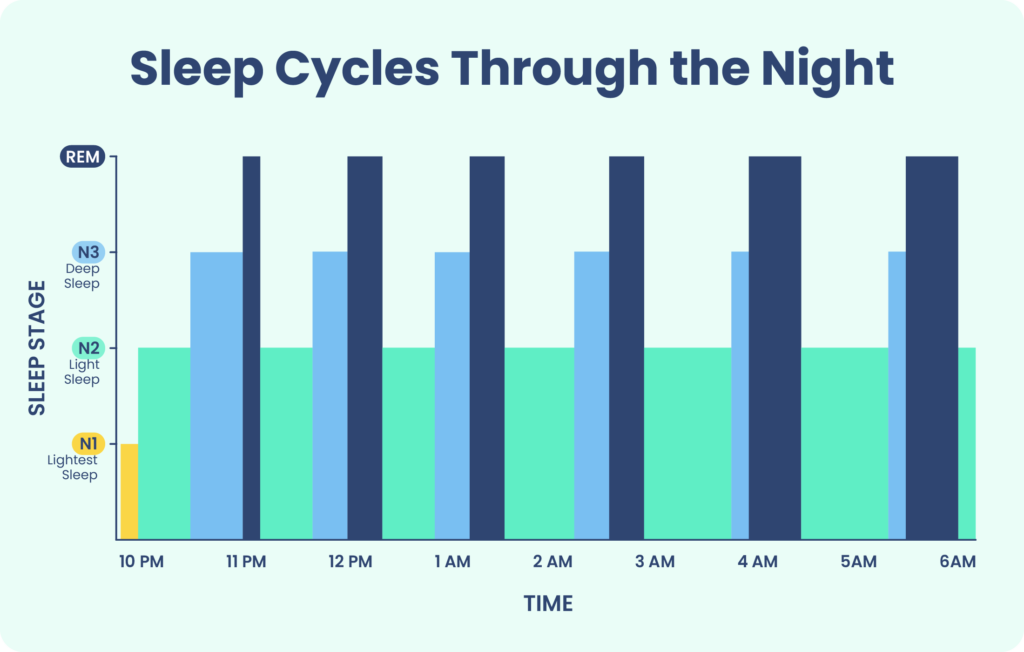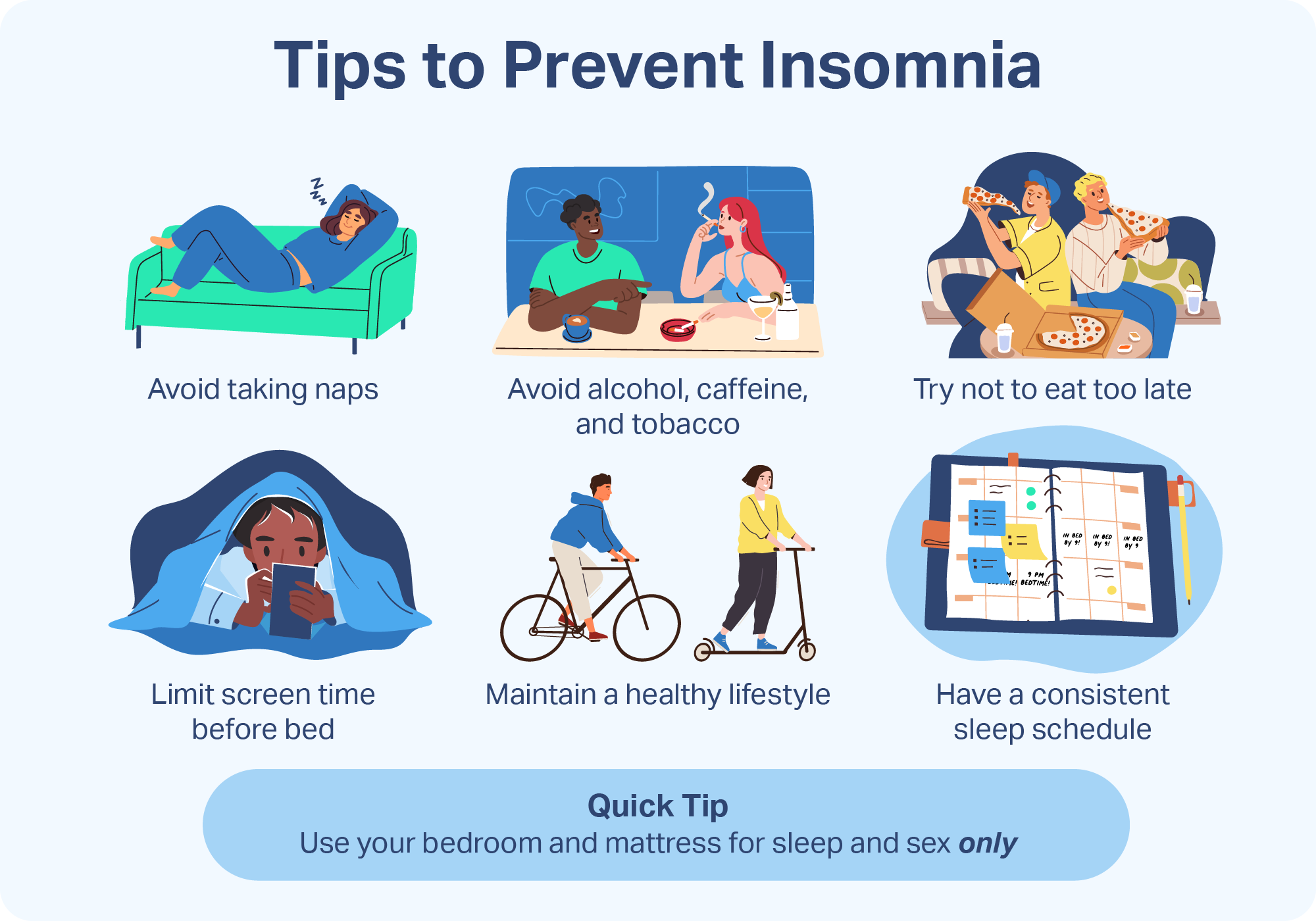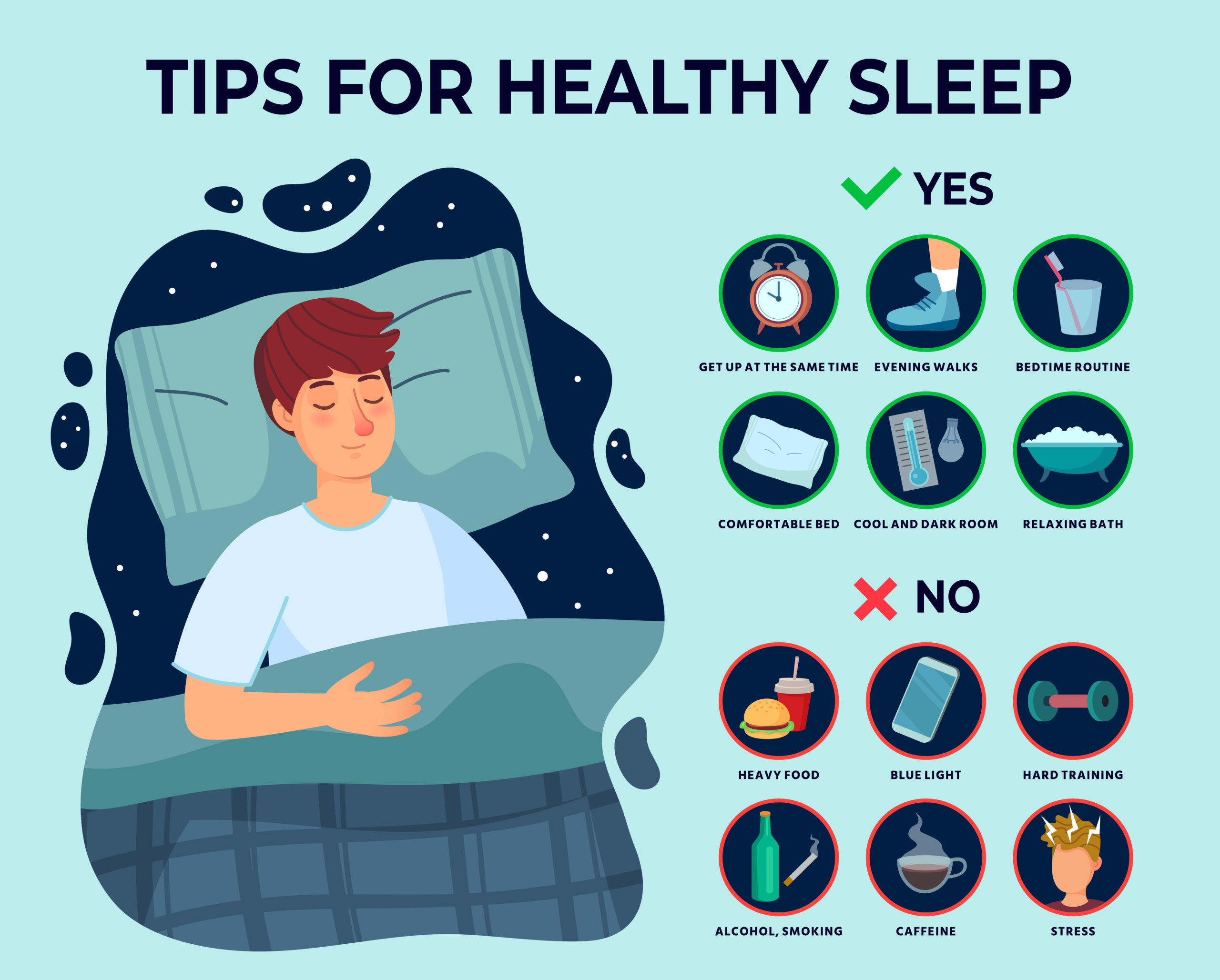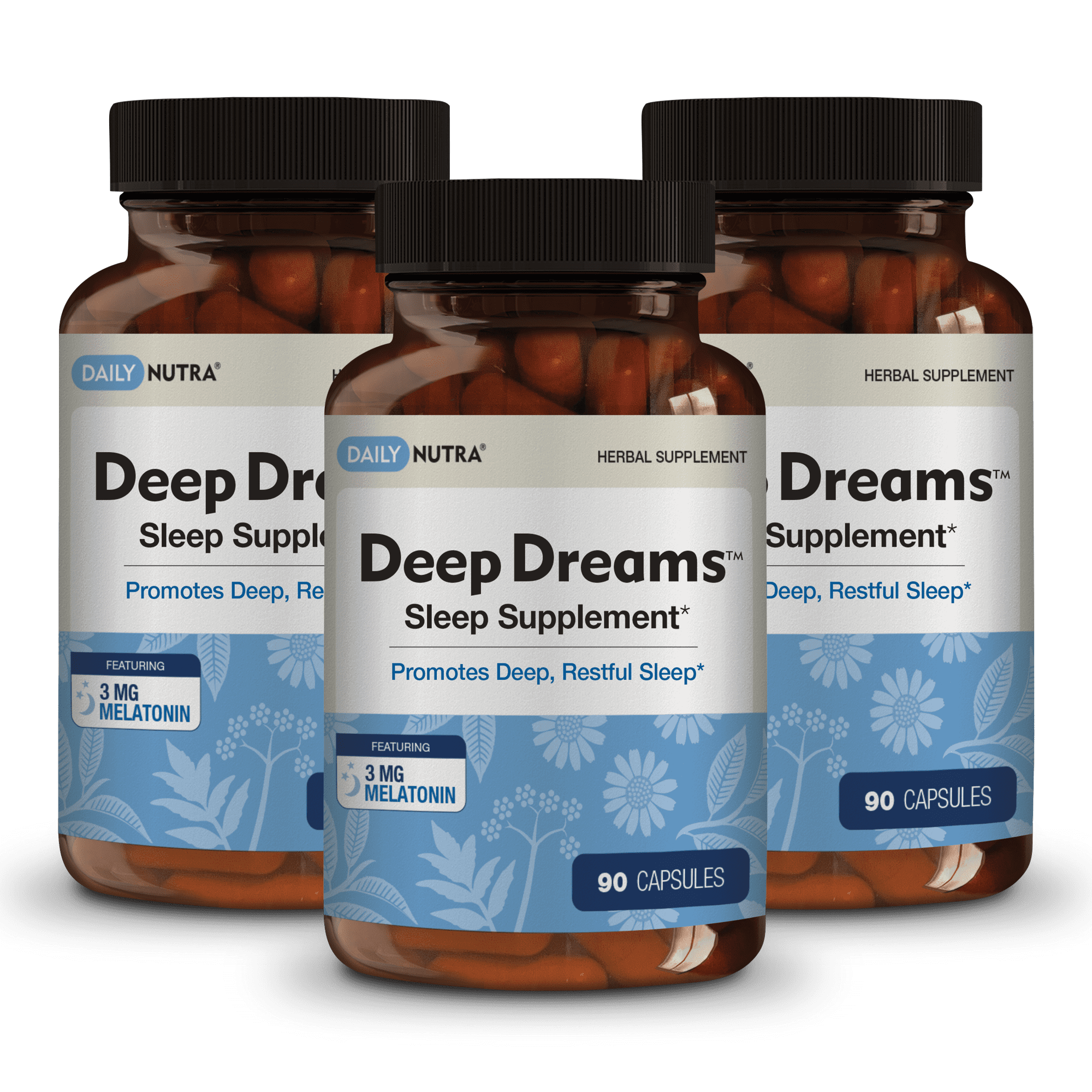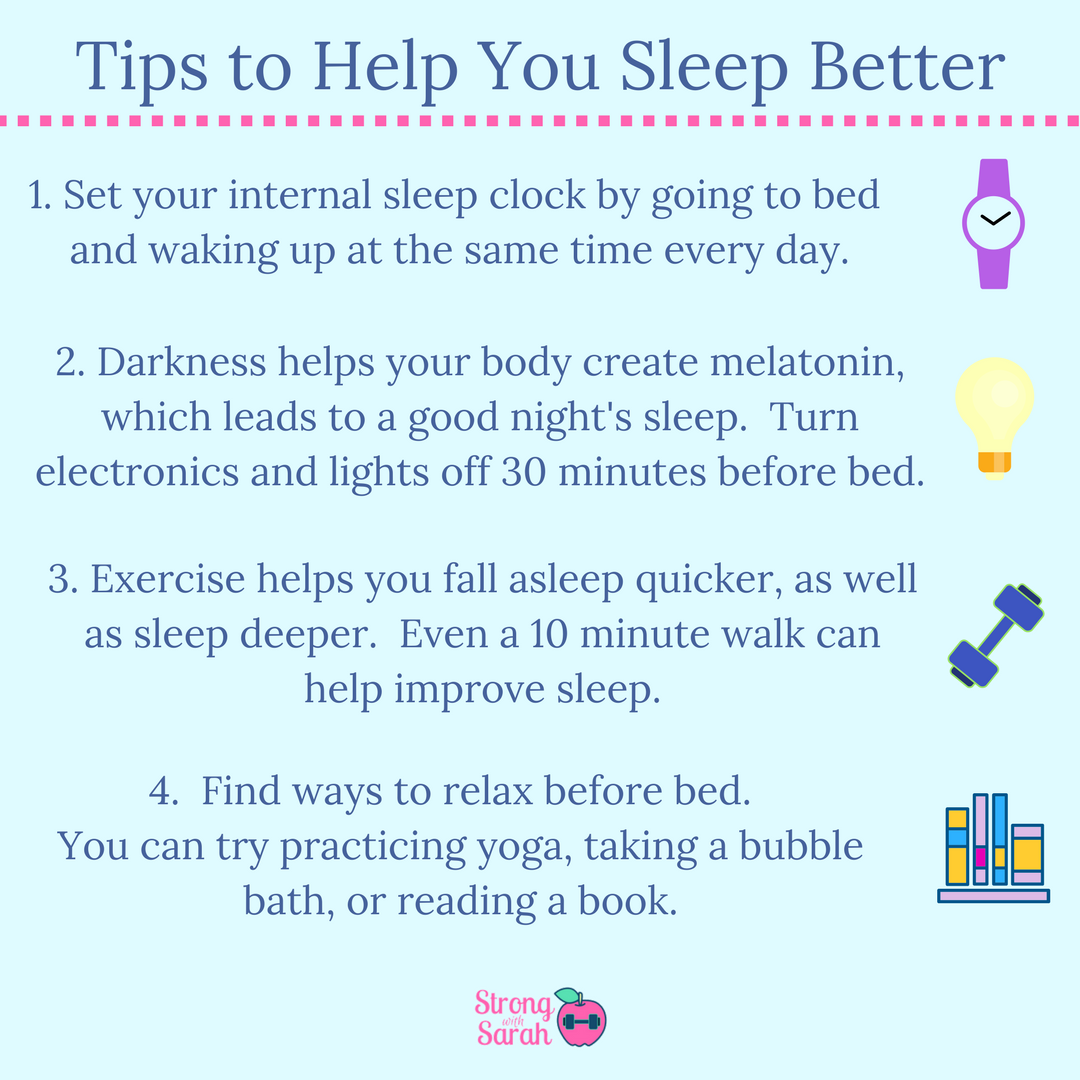Does Delta 9 Help You Sleep

The search for a good night's sleep is a universal quest, driving individuals to explore a myriad of remedies, from traditional practices to cutting-edge pharmaceuticals. In recent years, Delta 9 tetrahydrocannabinol (THC), the primary psychoactive component of cannabis, has entered the conversation as a potential sleep aid. But does it truly deliver on its promise, or are the claims more hype than substance?
This article delves into the scientific evidence surrounding Delta 9 and sleep, examining its effects, potential risks, and what experts have to say. The aim is to provide a balanced perspective, allowing readers to make informed decisions about whether Delta 9 is right for them.
The Science of Delta 9 and Sleep
Understanding how Delta 9 interacts with sleep requires a basic understanding of the body's endocannabinoid system (ECS). The ECS plays a crucial role in regulating various physiological processes, including sleep, mood, appetite, and pain sensation.
Delta 9 binds to cannabinoid receptors (CB1 and CB2) in the brain and body, influencing these processes. The interaction with CB1 receptors, primarily located in the brain, is responsible for Delta 9's psychoactive effects, which can range from relaxation and euphoria to anxiety and paranoia, depending on the individual and the dose.
Potential Benefits
Some studies suggest that Delta 9 may improve sleep in certain individuals. It could help to reduce the time it takes to fall asleep (sleep latency) and increase the total sleep time.
Additionally, it might alleviate symptoms of conditions that disrupt sleep, such as chronic pain or anxiety. For example, a 2013 review published in "Sleep Medicine Reviews" noted that cannabinoids might have potential benefits for sleep disorders.
However, the research is far from conclusive, and much of the existing evidence is based on small studies with varying methodologies.
Potential Risks and Side Effects
While some find Delta 9 beneficial, others experience adverse effects that can worsen sleep. Anxiety, paranoia, and restlessness are all potential side effects that could hinder sleep.
Furthermore, regular use of Delta 9 can lead to tolerance, meaning that higher doses are needed to achieve the same effect over time. This tolerance can also extend to its sleep-inducing properties, potentially diminishing its effectiveness as a sleep aid.
Importantly, abrupt cessation of Delta 9 after prolonged use can lead to withdrawal symptoms, including insomnia. Long-term effects of Delta 9 use on sleep architecture are still being investigated, but some research suggests it can suppress REM sleep, which is crucial for cognitive function and emotional processing.
Expert Opinions and Official Statements
Medical professionals generally advise caution when considering Delta 9 for sleep. Dr. Sanjay Gupta, CNN's chief medical correspondent, has often emphasized the need for more rigorous scientific research to fully understand the benefits and risks of cannabis, including Delta 9, for various medical conditions.
The National Institute on Drug Abuse (NIDA) acknowledges that cannabis and its components, like Delta 9, can affect sleep. However, NIDA also highlights the potential for adverse effects and the lack of long-term studies on its impact on sleep quality.
Given the current state of research, it is essential to consult with a healthcare professional before using Delta 9 for sleep, particularly if you have underlying health conditions or are taking other medications.
The Human Element
Many individuals share anecdotal accounts of using Delta 9 to combat insomnia and improve sleep quality. However, these personal experiences should be viewed with caution.
What works for one person may not work for another, and individual responses to Delta 9 can vary widely. Self-treating sleep problems with Delta 9 without medical supervision can be risky and may mask underlying medical conditions that require proper diagnosis and treatment.
John M., a 45-year-old software engineer, shared that while Delta 9 initially helped him fall asleep faster, he developed a tolerance over time and experienced increased anxiety when he tried to stop using it. "It's a double-edged sword," he explained.
Regulatory Landscape and Legal Considerations
The legality of Delta 9 varies significantly across different jurisdictions. In some states, it is legal for recreational and medicinal use, while in others, it remains strictly prohibited.
Even in jurisdictions where Delta 9 is legal, regulations often dictate the permissible levels of THC in cannabis products. It is crucial to be aware of and comply with the laws in your specific location.
The lack of consistent regulation and standardization in the cannabis industry also raises concerns about product quality and safety. Consumers should purchase products from reputable sources and ensure they are properly tested for potency and contaminants.
Conclusion
The question of whether Delta 9 helps you sleep is complex and nuanced. While some evidence suggests potential benefits for sleep, the risks and uncertainties are significant.
More robust research is needed to fully understand the long-term effects of Delta 9 on sleep and to identify who might benefit most from its use. For now, it's best to be guided by evidence-based medicine and personalized medical advice.
Ultimately, the decision to use Delta 9 for sleep should be made in consultation with a healthcare professional, weighing the potential benefits against the known risks and considering alternative, evidence-based treatments for sleep disorders.
